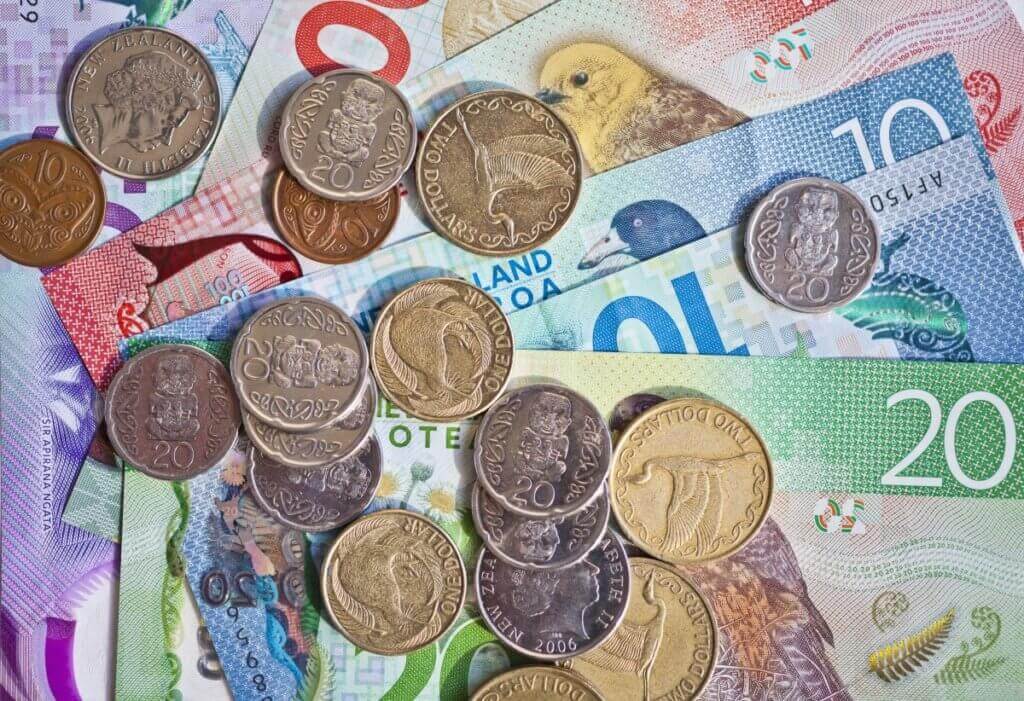The euro tumbled down on Wednesday, ending the session in the red. According to a new survey, German business morale sharply deteriorated in November. In Asia, the Turkish lira traded under pressure as President Tayyip Erdogan announced rate cuts were necessary despite soaring inflation.
German business sentiment worsened for the fifth consecutive month. A spike in Covid-19 infections and supply challenges in manufacturing clouded the growth outlook for Europe’s largest economy. This month the Ifo institute’s business climate index plummeted to 96.5 from 97.7 in October.
On Wednesday, the common currency declined by 0.3%, reaching its lowest level since early July 2020 at $1.1205. Jeremy Stretch, head of G10 FX strategy at CIBC, stated that rising infection cases increase the risk of new German restrictions. Traders currently have low business expectations, and such sentiment favors ongoing EUR downside. The currency will likely test the 1.1200/1.1190 trading range during the following days.
Meanwhile, the Turkish lira exchanged hands near its all-time low of 13.45, reached on Tuesday when it plunged by almost 15% on the day after President Erdogan defended recent rate cuts.
Earlier in the session, the lira decreased as far as 13.15 against the greenback before edging back to 12.55. Even though Erdogan defended the central bank’s monetary policy, many traders call for action to reverse the slide in the currency. There is widespread criticism of the bank’s policy, considering that the lira has hit record lows in the eleventh consecutive session.
Moritz Paysen, the FX trader at Berenberg, noted that after several changes of personnel in the central bank, Erdogan has at last found a central bank chief who obeys him and lowers interest rates as desired. He also added that considering the high inflation of over 20%, such an approach is somewhat unorthodox.
How did the U.S. dollar fare?
On Wednesday, the U.S. dollar index skyrocketed to a new 16-month high at 96.666. Investors are waiting for the minutes of the November Federal Reserve Open Market Committee (FOMC) meeting. Meanwhile, the renomination of the Fed chair Jerome Powell boosted the currency.
ING analysts stated that it would be interesting to gauge just how much divergence of views there was between hawks and doves. The FOMC minutes will be already outdated given that it took place before data showed the U.S. inflation surge. The latter provided a strong argument in favor of earlier tightening and faster tapering. Despite that, those minutes will still prove useful for the market players.
Furthermore, several new reports of various U.S. data, including the Fed’s preferred inflation measure, economic growth, and jobless claims, are due later on Wednesday.
What about the New Zealand dollar and other Asian currencies?

The New Zealand dollar declined on Wednesday after a smaller than expected rate hike. The Asian session was quiet today, with the Kiwi being the biggest mover. It tumbled down by 0.4% to $0.6918. The Reserve Bank of New Zealand announced that it would lift rates by 25 basis points (bps). The bank has also increased its long-term cash rate projection by 50 bps.
How did the EM currencies fare?
Emerging market currencies were resilient today, despite rate-hike bets supporting the greenback. Thai stocks soared. This was after the country’s finance minister declared that the government would leave the monetary policy accommodative to aid fiscal policy.
On Wednesday, the Chinese yuan, the Taiwanese dollar, the Philippine peso, and the South Korean won strengthened by approximately 0.1%-0.3%.
Mitul Kotecha, EM Strategist at TD Securities, noted that the pressure on Asian currencies is more limited than traders expected.
He also added that one of the reasons that Asian currencies have been so supported is the anchor provided by the Chinese yuan.
Investors think a burgeoning trade surplus fueled by year-end seasonal demand and strong export growth has helped the yuan resist the broad greenback strength.
In Thailand, the government plans to take measures to ease the coronavirus pandemic’s impact. The finance minister Arkhom Termpittayapaisith stated that the country must shift to focusing on the domestic economy.
Thailand’s stocks have hit their highest level since September 2019. However, the region’s worst-performing currency this year, the baht plummeted by 0.6%, leading to losses. A weaker baht helped export-oriented sectors in Thailand’s equity market rally. Poon Panichpibool, the market strategist at Krung Thai Bank, shared this news.











